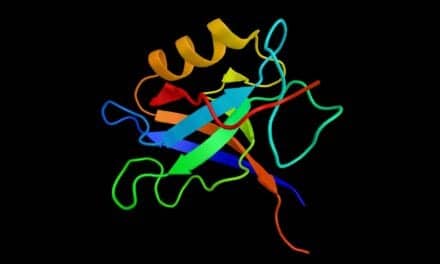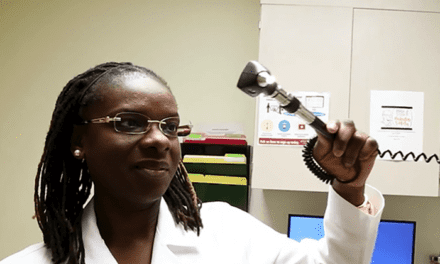Invitae, a medical genetics company, announced results of its collaborative study on universal hereditary cancer genetic testing in all patients with breast cancer in a rural population in the Annals of Surgical Oncology. Conducted in collaboration with The Outer Banks Hospital (TOBH) in North Carolina from 2019 to 2022, the study analyzed the implementation of universal hereditary cancer genetic testing in all patients with breast cancer, as recommended by the American Society of Breast Surgeons (ASBrS) guidelines in 2019. The results reaffirm the previous findings of Whitworth et al. that universal hereditary cancer genetic testing improves patient outcomes and shows testing based de-escalation of therapy which may curtail treatment costs.
In the study, all patients diagnosed with breast cancer were offered hereditary cancer genetic testing and 91.4% underwent testing and received results that could aid in their healthcare journey. Approximately half of the patients (52.4%) met National Comprehensive Cancer Network (NCCN) criteria while 45.8% did not meet the NCCN criteria. Implementation of hereditary cancer genetic testing in this rural healthcare system was facilitated by genetics-trained clinicians who provided pretest education and results disclosure, with treatment recommendations discussed at multidisciplinary tumor boards. Of the patients who underwent testing, 13% had a pathogenic (disease-causing) germline variant (PGV) in one of 15 genes and the frequency of PGVs did not differ between out of criteria and in criteria patients, although in criteria patients had a larger proportion of high risk variants than the out of criteria patients, consistent with previous findings of Beitsch et al. Currently, NCCN criteria restrict hereditary cancer genetic testing to a subset of patients with breast cancer while these data provide further evidence confirming the ASBrS recommendation of universal testing for all patients with breast cancer as the standard of care.
“This study demonstrates the feasibility of implementing universal hereditary cancer genetic testing for patients with breast cancer in rural community practices,” says Robert Nussbaum, MD, chief medical officer at Invitae. “The results reiterate in a real-world setting that genetic testing changes management and treatment plans for these patients, improving patient care.”
Genetic testing-informed changes to clinical management, including changes in surgery, radiation, surveillance and clinical-follow up, occurred in 70% of patients. The majority of patients (97%) reported that testing results were useful in shared surgical decision-making and that knowledge of the results prior to their primary therapy reinforced their choice for surgery.
“Our study provides a blueprint for implementing universal hereditary cancer genetic testing in rural populations who typically see disproportionate care due to access to services and treatment,” says Charles Shelton, MD, lead author of the study and radiation oncologist at TOBH. “We demonstrate that germline-directed clinical management did not lead to under- or overuse of radiation therapy or bilateral mastectomy, thus demonstrating that universal testing enables optimization of clinical care and reduces unnecessary healthcare resource utilization.”





